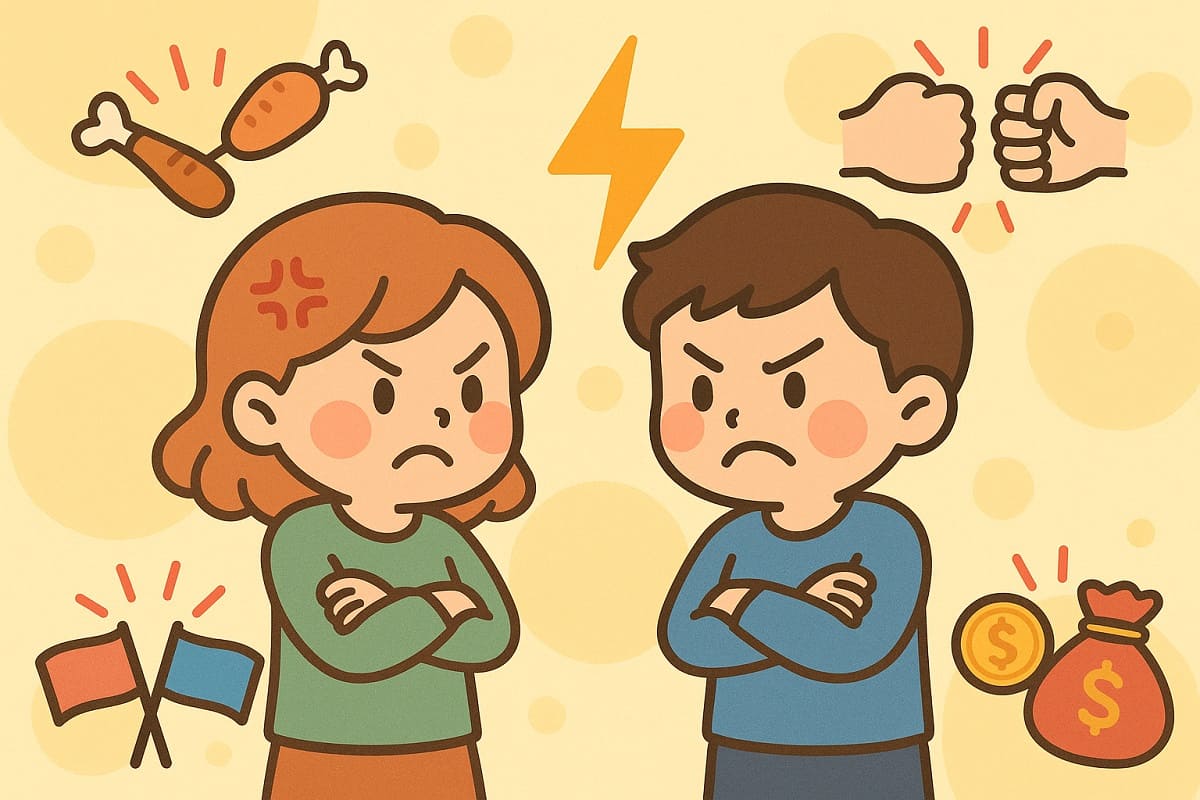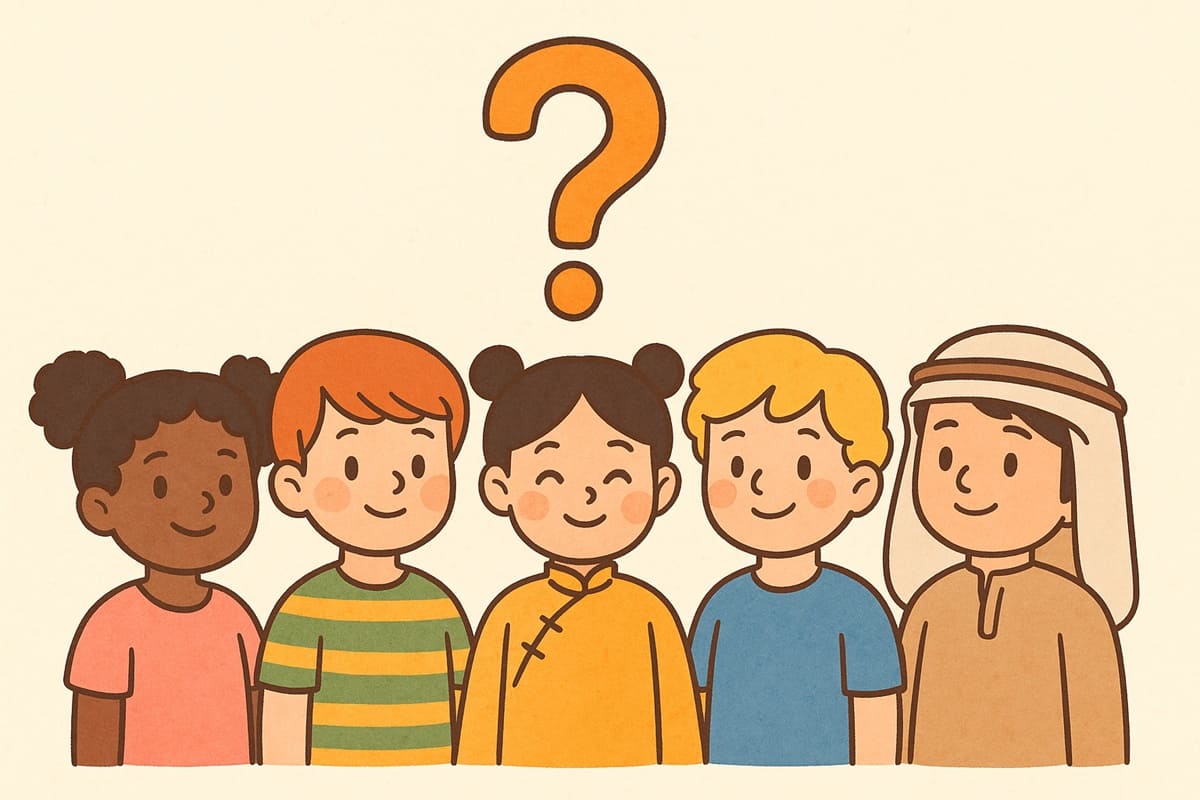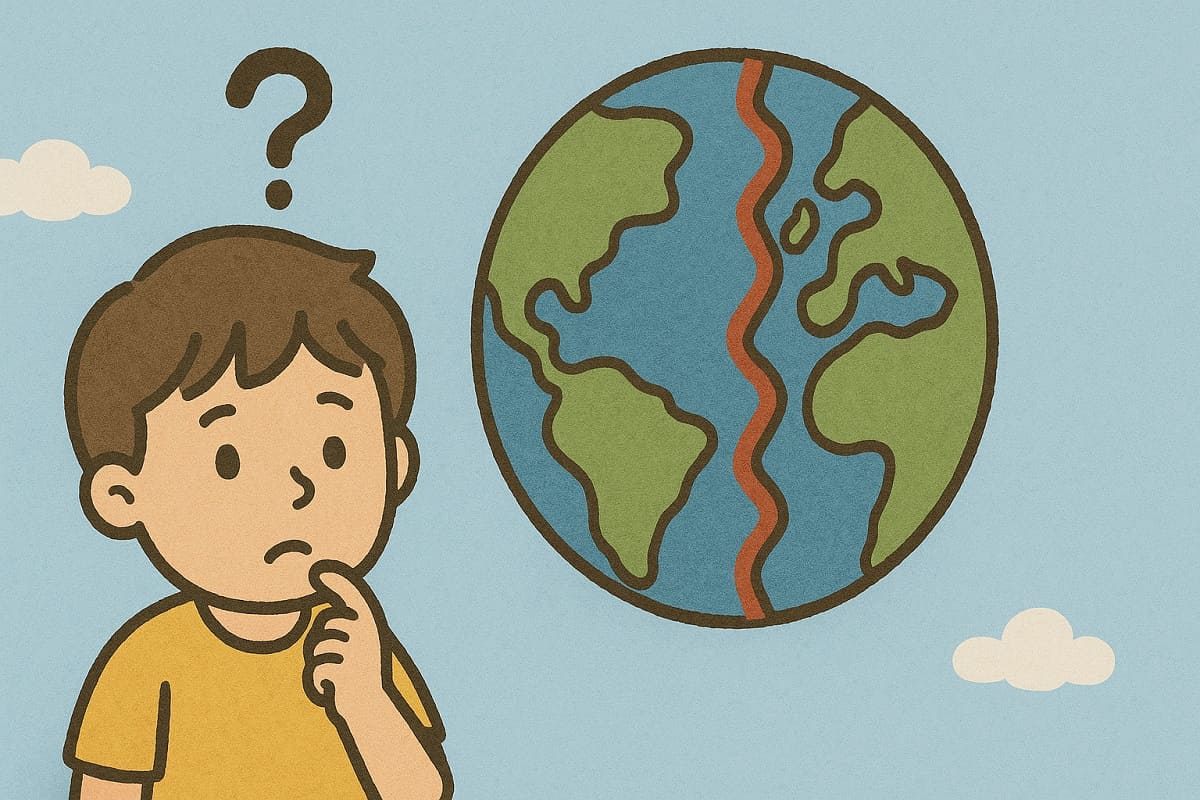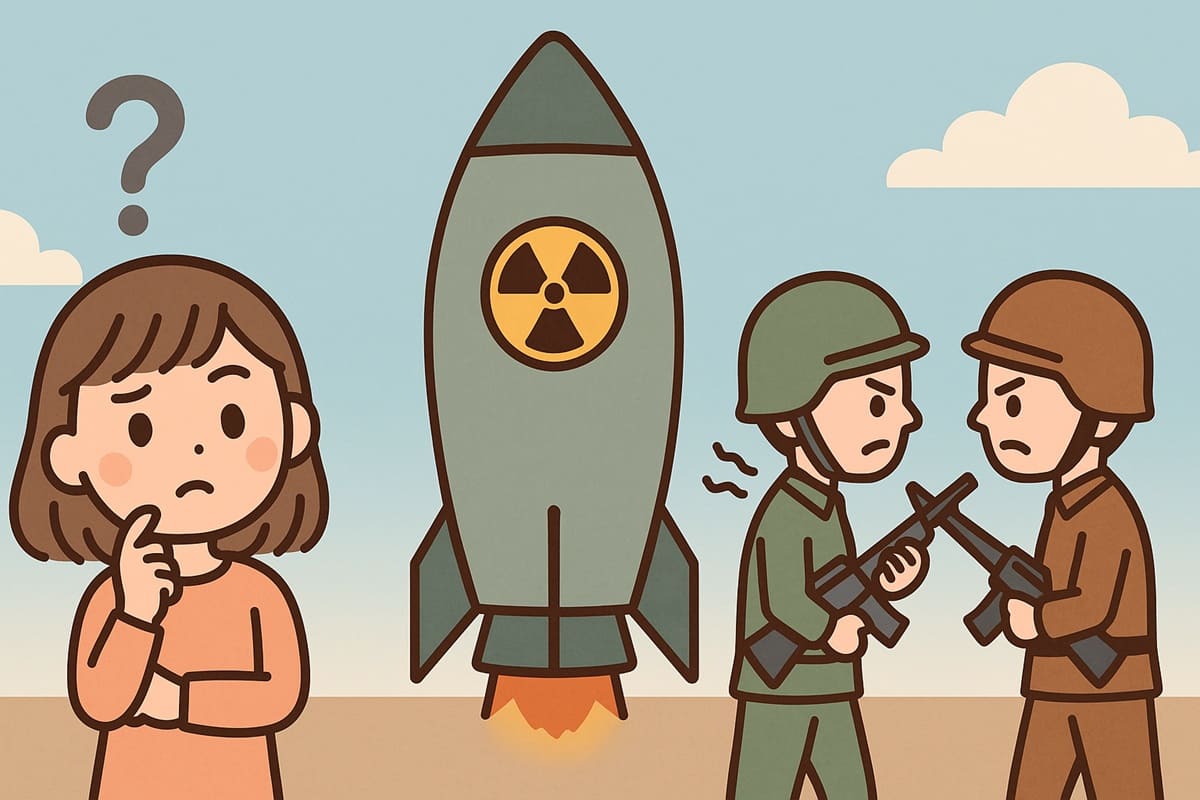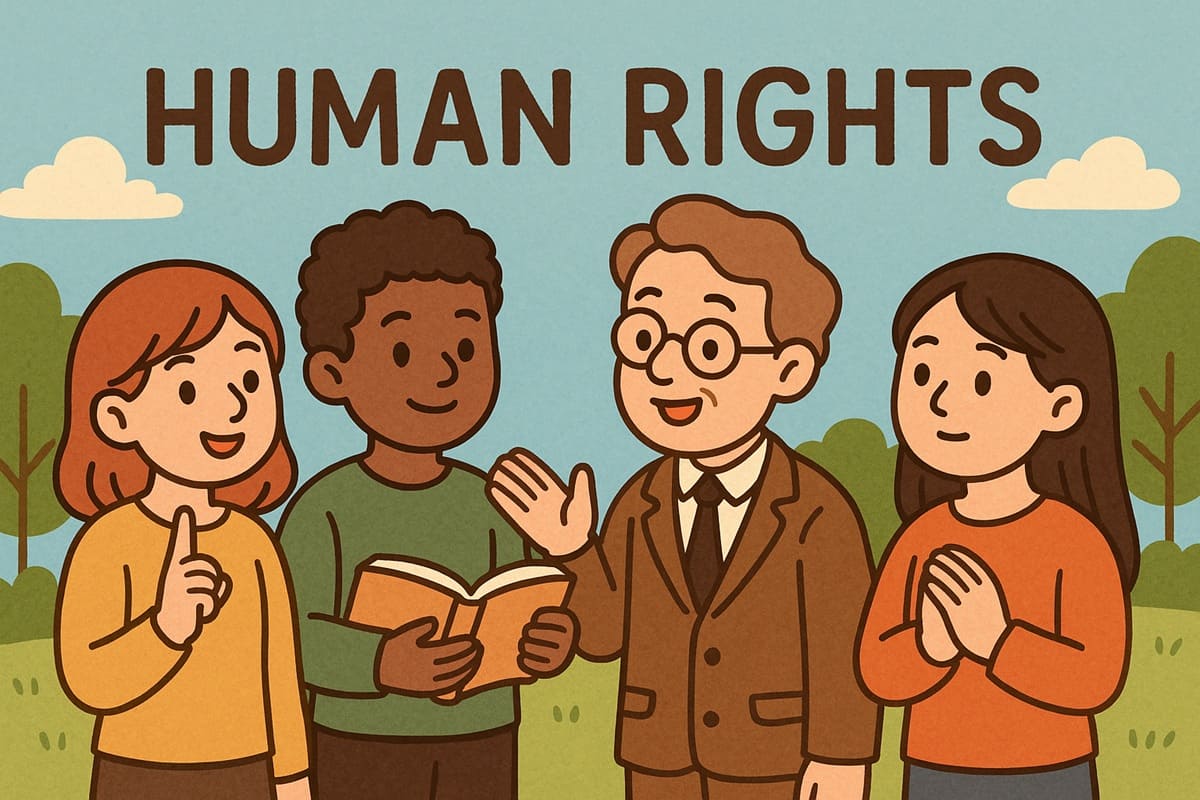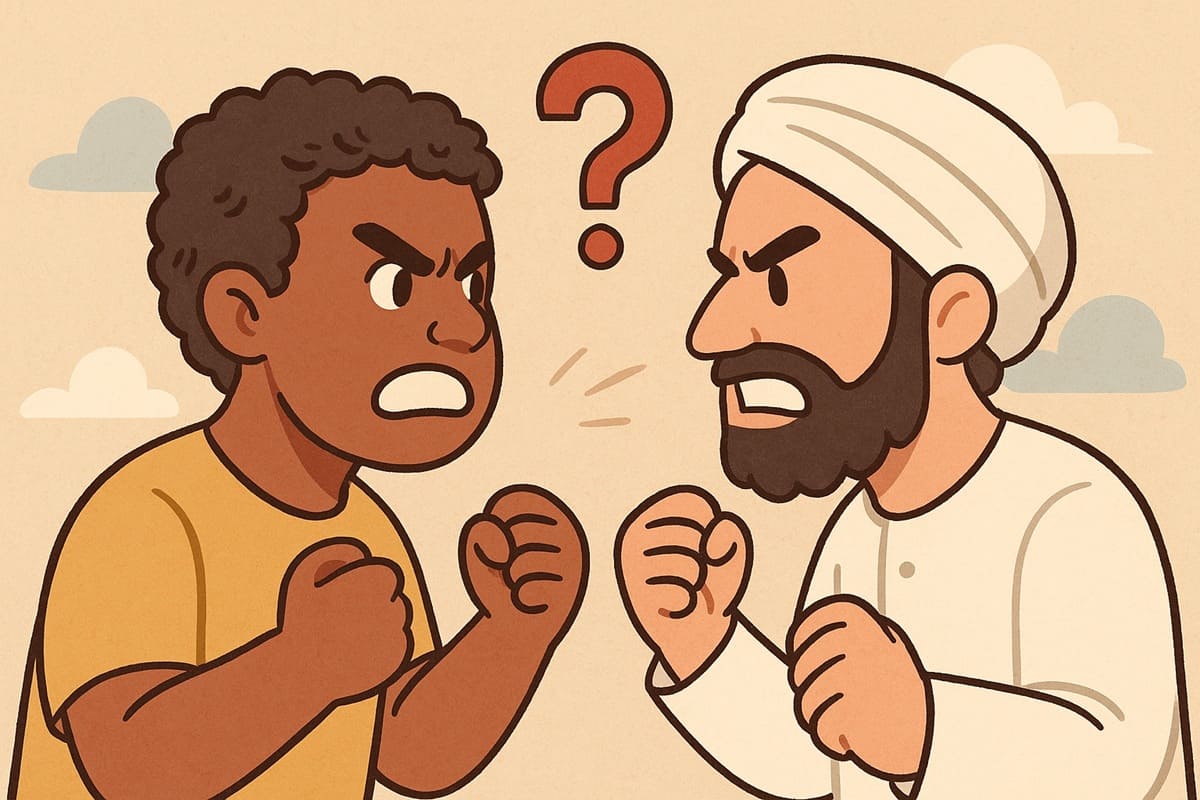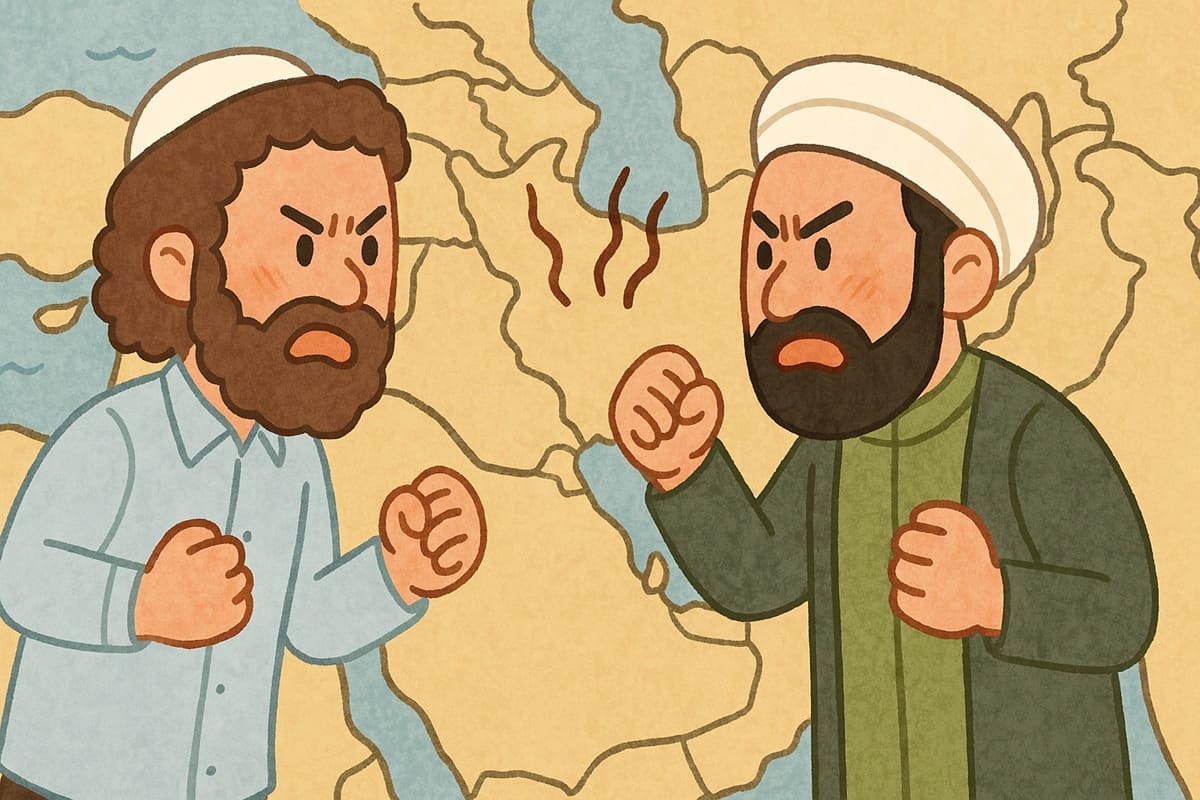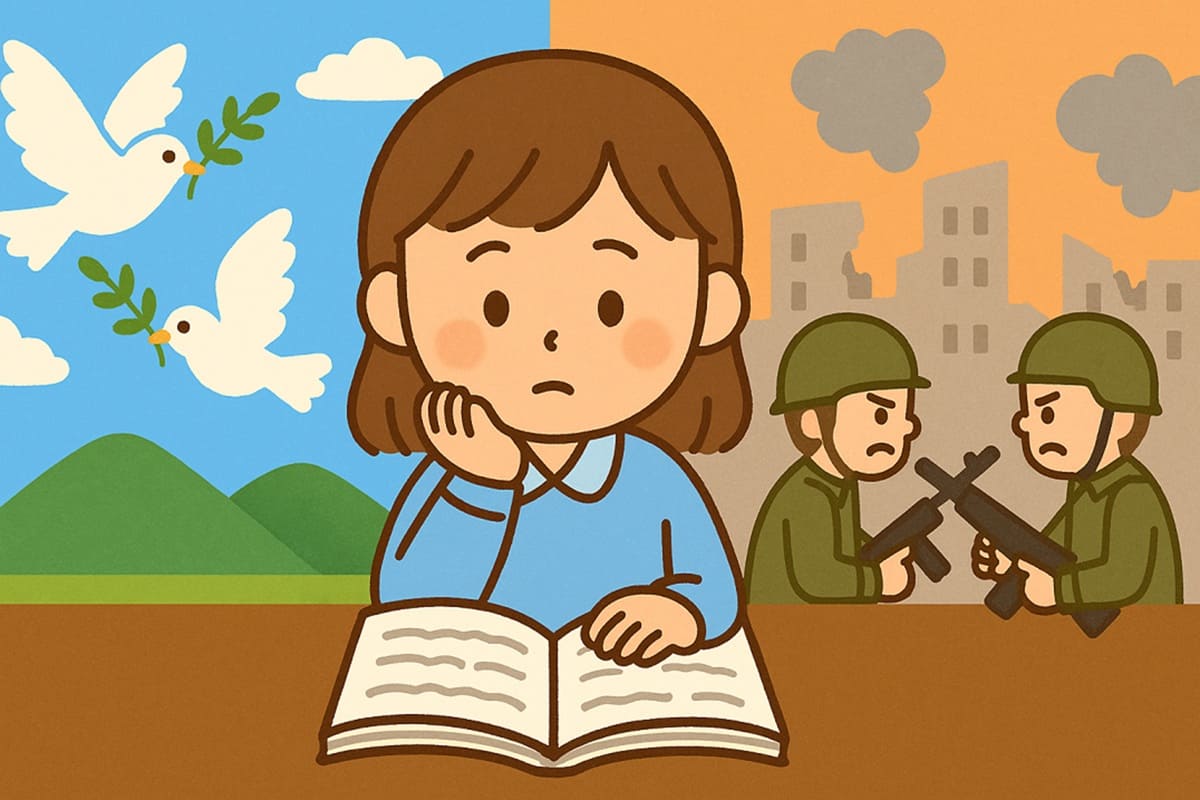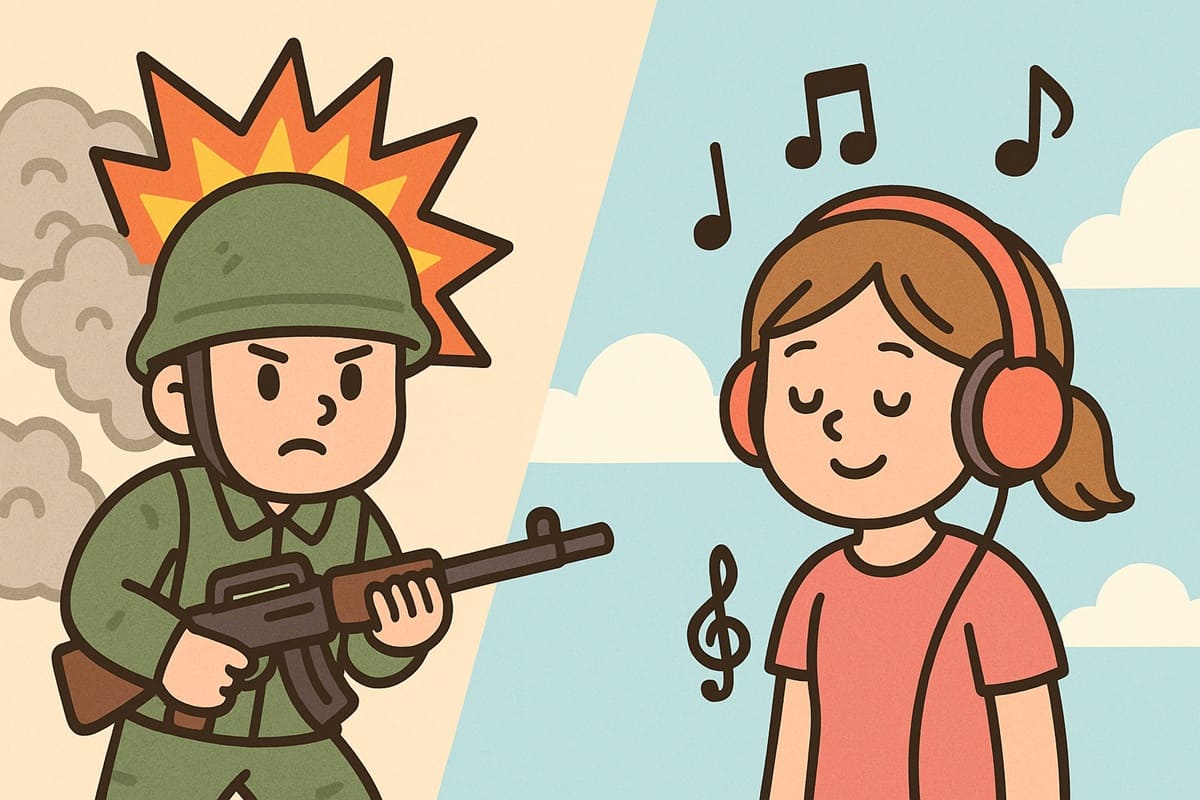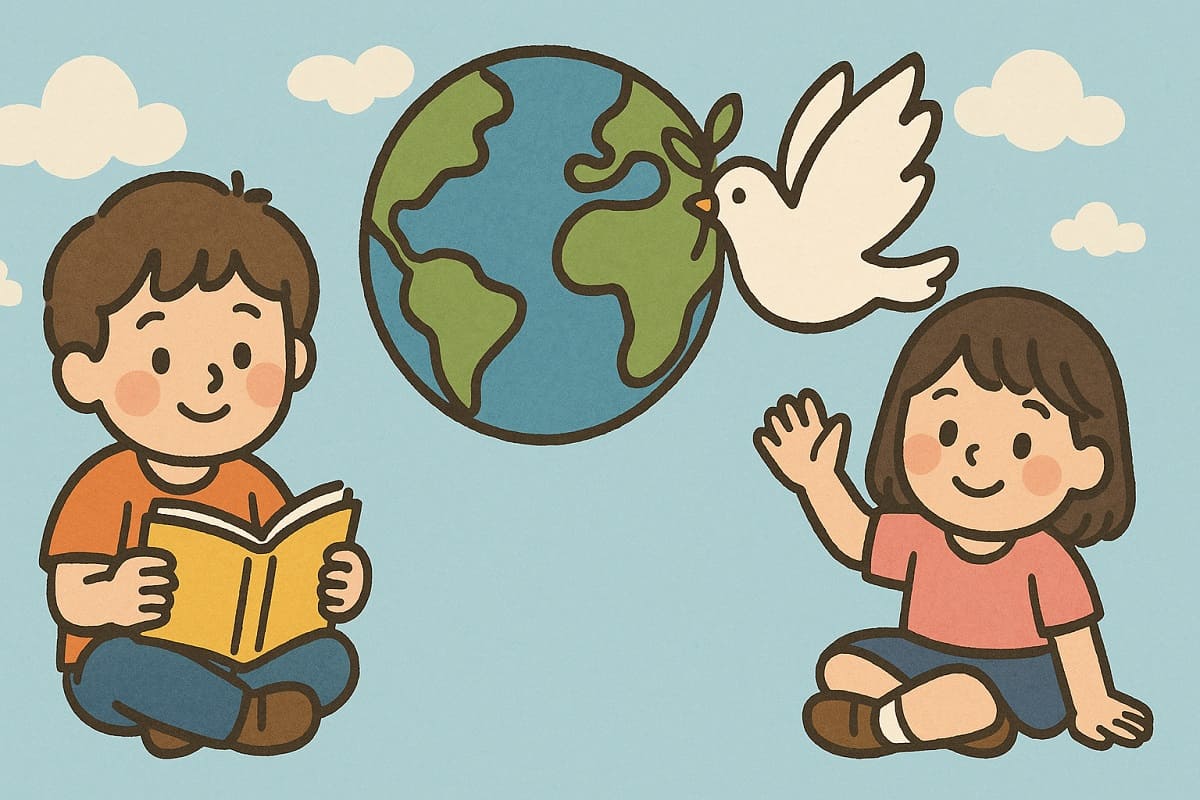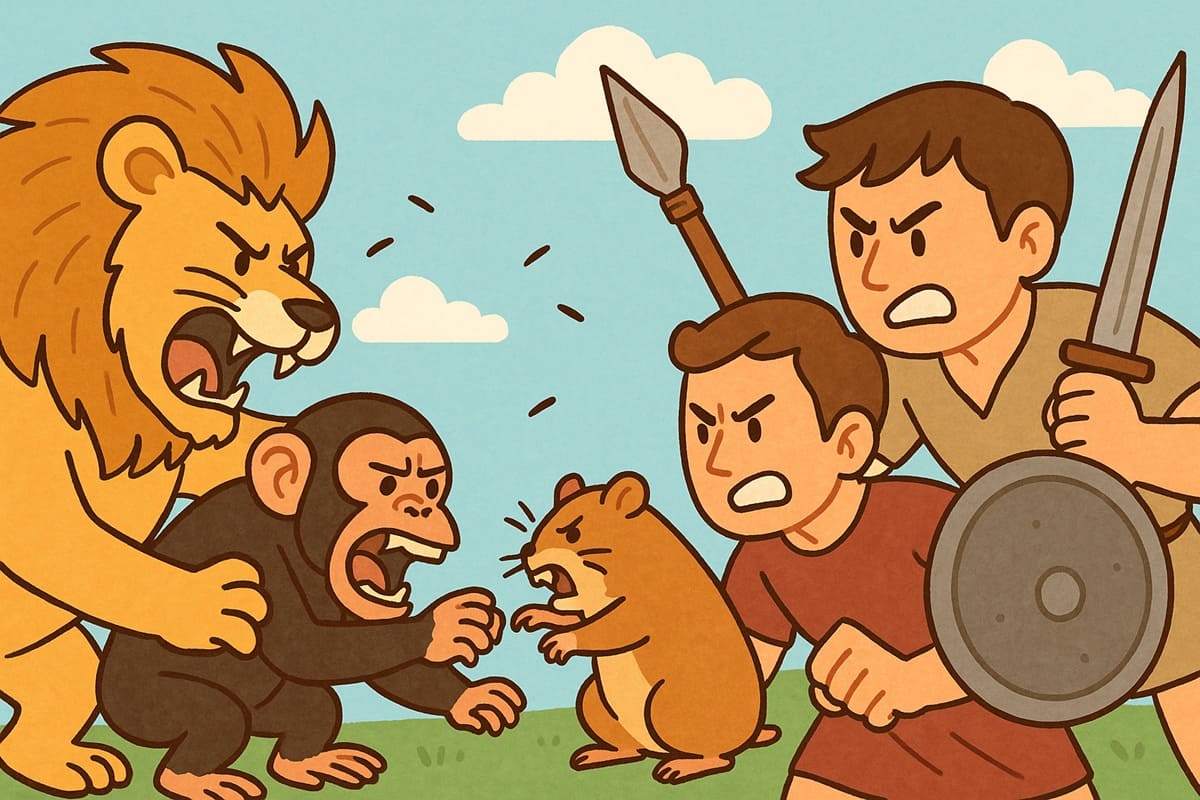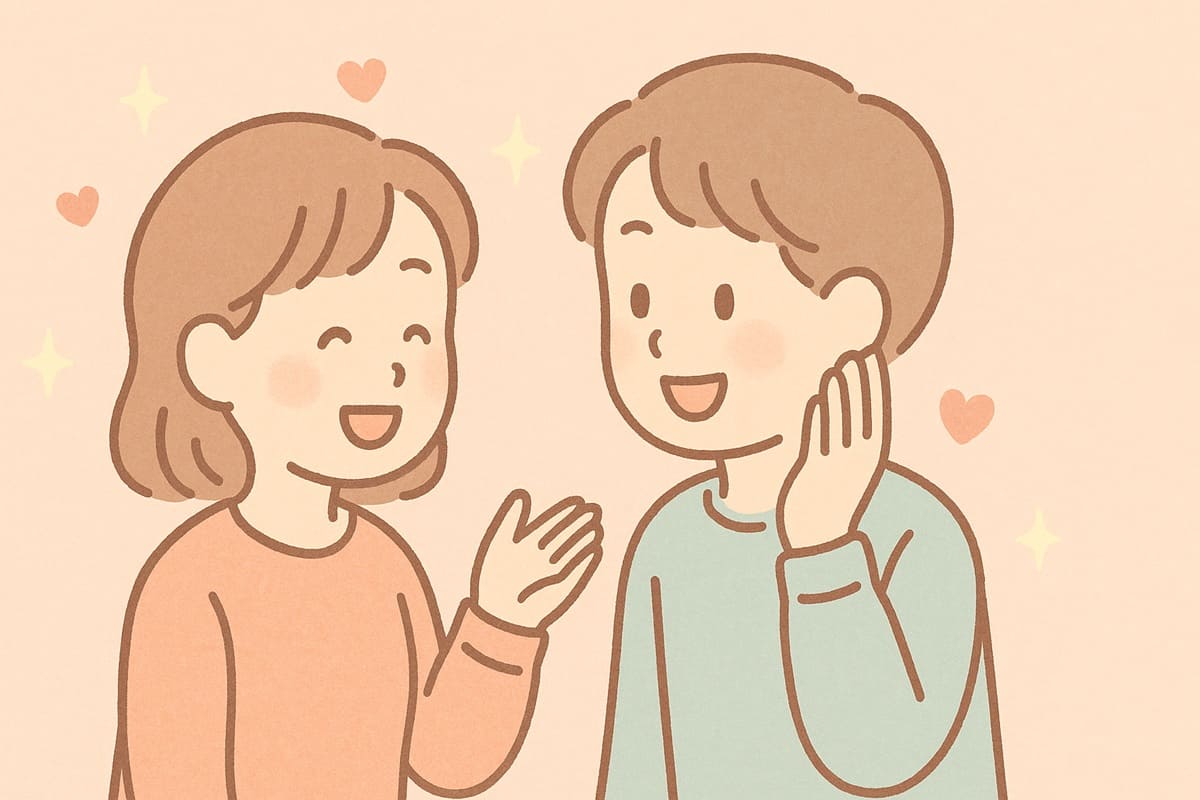Why Does War Happen When No One Wants It? Protect Yourself from “War Propaganda”
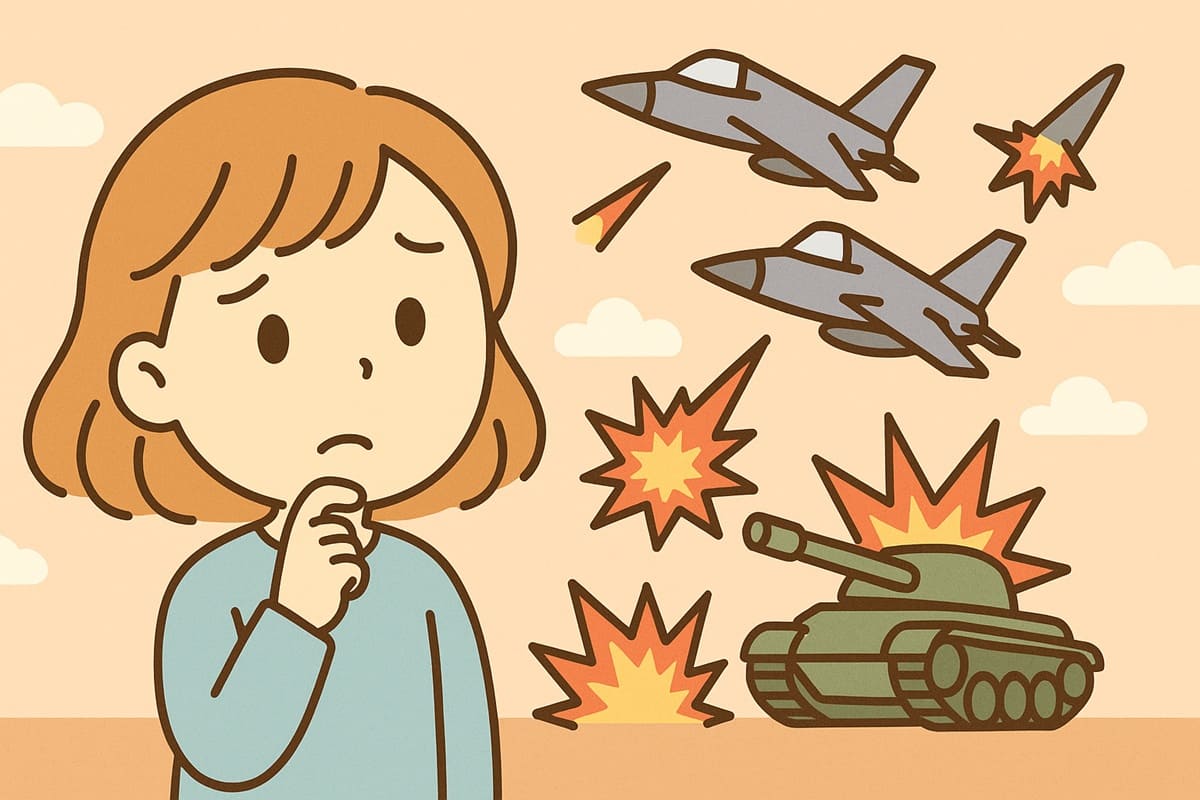
“War is the last thing we want.”
Most people would probably agree.
So why does war still happen in our world?
Most of us long for peace. Spending time with our families, laughing with friends, living safely and comfortably—those are the things that truly matter.
And yet, in reality, we rarely go a day without hearing words like “war,” “conflict,” or “military clash” in the news.
Why is that?
In this post, we’ll take a closer look at the concept of “war propaganda,” which often plays a hidden role behind the scenes. And more importantly, we’ll explore how we can protect our hearts and minds from its influence.
What is “Propaganda”?
Have you ever heard the word “propaganda”?
It refers to the act of spreading certain ideas or beliefs by using information to manipulate people’s thoughts and emotions.
Of course, not all propaganda is necessarily “bad.”
For example, promoting your policies during an election is a form of propaganda in a broad sense.
But “war propaganda” is a different story.
It’s powerful enough to make people support a war—even if deep down, they never wanted it to happen in the first place.
The “10 Rules of War Propaganda”
British politician Arthur Ponsonby and Belgian historian Anne Morelli studied many wars throughout history and discovered that the same patterns of propaganda appear again and again.
They summarized these patterns into a list of “10 rules of war propaganda”:
- We don’t want war
- But the enemy started it
- The enemy’s leader is evil, like a demon
- We’re fighting not for profit, but for justice
- The enemy is committing atrocities on purpose
- The enemy is using cruel and illegal weapons
- Our losses are small, but the enemy suffers huge blows
- Famous people and intellectuals support our cause
- Our cause is sacred and approved by history or God
- Anyone who questions the war is a traitor
Looking at this list, you might think,
“Haven’t I heard some of these recently?”
That’s exactly the point.
These same patterns don’t just appear in old wars—they still show up in today’s news and on social media.
What Role Does the Media Play?
Whenever propaganda spreads, the media (newspapers, TV, the internet, etc.) plays a key role.
For example, when the United States began the Iraq War, many news outlets reported that “Iraq has weapons of mass destruction.”
Later, it turned out that this claim was not based on solid evidence.
But because the media kept repeating it, many people ended up believing that “war might be necessary after all.”
And once a war starts, the media tends to highlight “how cruel the enemy is” and “how brave our side is.”
War is portrayed as something justified or even heroic—through battlefield footage, interviews, posters, cartoons, and films.
Why War Happens Even in Democracies
You might be wondering:
“In democratic countries, shouldn’t war be preventable through discussion and debate?”
That’s a reasonable question.
In fact, in democracies, war decisions usually can’t be made without the support of the people.
But this is exactly where propaganda steps in.
Once messages like “the enemy attacked us first” or “if we don’t act now, things will get worse” begin to spread, people’s hearts slowly shift toward feelings of “I guess we have no choice” or “we have to fight.”
This is how a situation develops where, even though no one really wanted war at the start, people end up supporting it.
How Can We Protect Ourselves from Propaganda?
So, how can we avoid being misled by war propaganda?
One answer is to build media literacy.
Media literacy means the ability to think critically and carefully about the information you receive, instead of believing everything at face value.
For example:
- Where is this information coming from?
- Are other sources reporting the same thing?
- Does this benefit someone in power?
- Is the information designed to make me emotional?
Asking questions like these helps you stay calm and think logically.
Especially on social media, emotional posts (ones that spark anger or fear) tend to spread more easily—so it’s even more important to keep your cool.
Conclusion: What We Can Do to Prevent War
War doesn’t just “happen” out of nowhere.
It is often triggered by a chain of events involving information, language, emotion, media, and the way people respond.
Even though most of us believe “peace is better,” war keeps happening.
Maybe it’s because people stop thinking for themselves and simply go along with the louder voices.
That’s why the first step is to know, and then to think.
Let’s train ourselves not to be swept up by pressure or emotion, but to calmly analyze the information we receive.
To avoid being pulled into war, and to resist propaganda—we each have things we can start doing today.
Main References
- Morelli, A. (2001). Principes élémentaires de propagande de guerre. Bruxelles: Éditions Labor.
- Pew Research Center. (2023). A look back at how fear and false beliefs bolstered U.S. public support for war in Iraq.
- RAND Corporation. (2005). War, propaganda and public opinion.
- PBS. (n.d.). World War II propaganda. American Experience.
- TBSメディア総合研究所. (2023). 戦争に対峙する日本のジャーナリズム. 調査情報デジタル.
